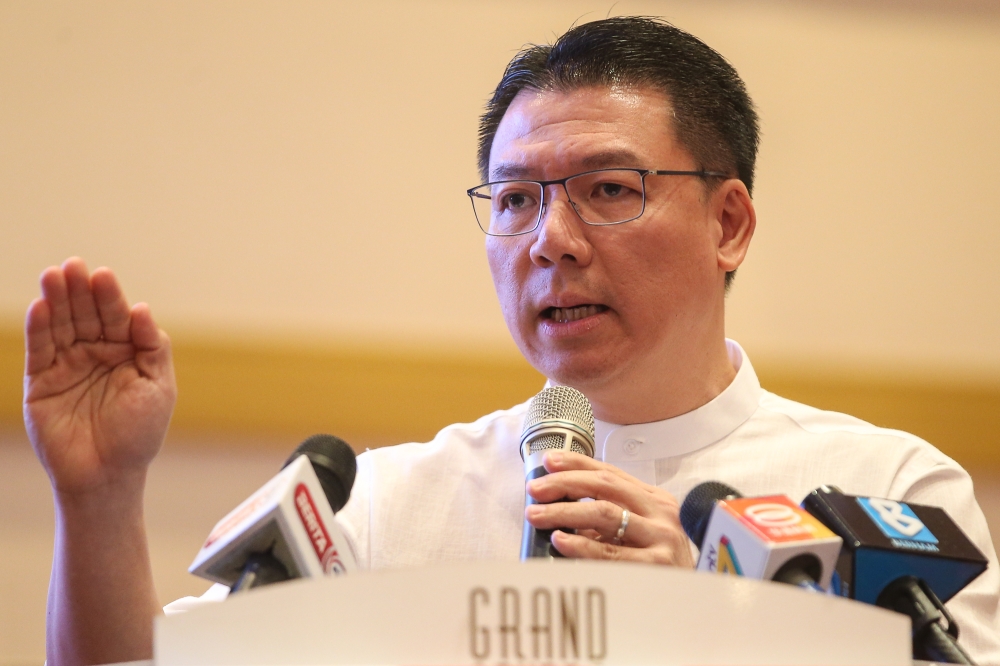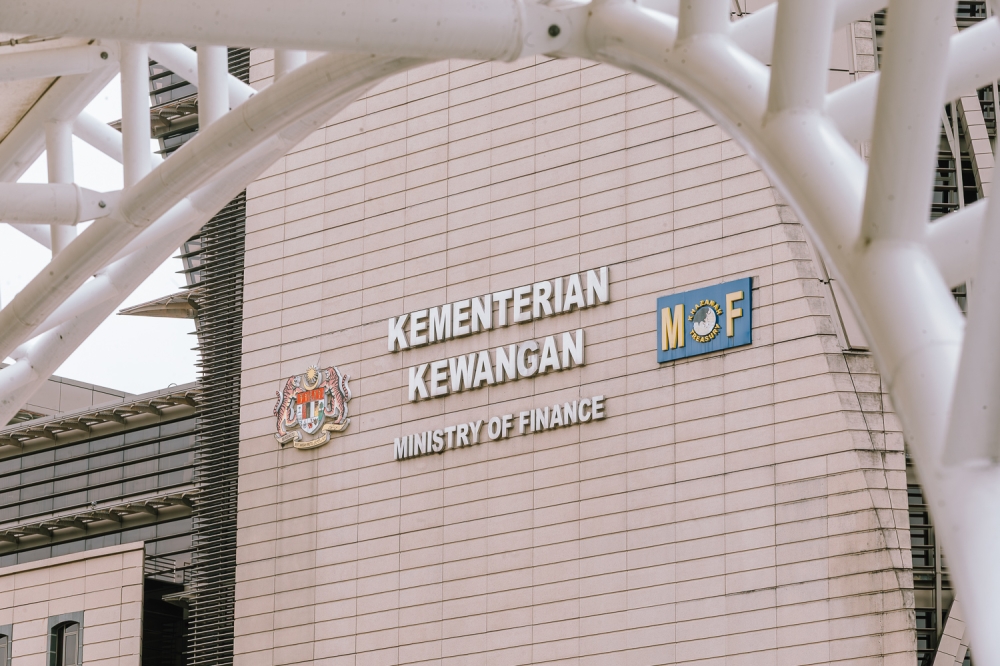NOVEMBER 10 — I was reflecting on healthcare sustainability as I prepared for the CEO roundtable discussion on sustainability in Johor.
This preparation brought into sharp focus the anticipated 13.8 per cent rise in Malaysia’s healthcare costs for 2024, and I realised this is a trend emblematic of the global challenges we face in healthcare economics — healthcare sustainability has become a universal mandate.
This surge is not an isolated event but part of an intricate global healthcare narrative. In the United States, antimicrobial resistance (AMR) for instance commands an economic toll of US$55 billion (RM258 billion) annually, reflecting the broader economic and health ramifications of this crisis.
These figures are a microcosm of the global fight against AMR, where drug-resistant infections claimed nearly five million lives in 2019.
Despite global efforts, AMR’s advance shows no signs of abating, with misuse and overuse of antibiotics in healthcare and agriculture primarily to blame. This, along with the natural evolution and mutation of bacteria, poses a complex and urgent threat to public health.
To complicate and compound matters is the rise in chronic diseases, with an ageing population contributing to a rise in healthcare spending across nations.
Malaysia’s projected increase is symptomatic of systemic issues within global healthcare. The pandemic has exacerbated the situation, leading to a spike in costs as patient flows in hospitals and clinics return to pre-pandemic levels, with a concurrent rise in the cost of medicines and procedures.
The escalating costs have far-reaching implications. They signify a need for a paradigm shift, and one of them is towards generic medication, which presents an economic alternative to more expensive brand-name drugs, offering patients and healthcare systems alike a chance to manage expenses without compromising quality.
In addition to pharmaceuticals, the technological evolution in medical care — telemedicine, AI diagnostics, and electronic health records — offers significant cost-saving potential. However, these innovations require upfront investment, often necessitating governmental support.
This investment is not merely financial but a commitment to a future where healthcare is both advanced and accessible.
Preventative care is another cornerstone of sustainable healthcare. Investing in wellness programs, early disease detection, and regular health screenings can avert costly medical interventions down the line.
Mental health, now more than ever, demands attention; it is as integral to wellbeing as physical health and can significantly impact economic productivity.
Malaysia’s increasing focus on mental health programs reflects a global acknowledgment of the importance of holistic healthcare approaches.
Yet, the challenge remains to align budget allocations with the growing need for comprehensive health initiatives, particularly in the face of economic constraints.
The global community stands at a crossroads, with Malaysia’s situation underscoring a shared imperative. It’s time for a concerted effort to recalibrate healthcare policies and practices towards sustainability.
This means championing affordable medication options, fostering innovation through supportive public policies, and investing in preventative healthcare to pre-empt spiralling future costs.
As this discussion unfolds, it’s crucial to recognise the role of equity in healthcare. A sustainable healthcare system is one that is accessible to all, irrespective of socio-economic status.
The pandemic has thrown into sharp relief the disparities in healthcare access, and addressing these inequalities must be part of any sustainable approach.
The financial argument for sustainability in healthcare is clear, yet it is the moral imperative that must drive action.
In a world where healthcare costs can bankrupt individuals and burden economies, no nation can afford to overlook the call for sustainable practices.

This piece is more than a chronicle of rising healthcare costs; it is a manifesto for change. A treatise urging local and global leaders to forge a sustainable, equitable, and economically viable healthcare future.
The message is clear: The time for action is now. Let the shift towards sustainable healthcare be the legacy of our generation, ensuring that we leave behind a system that is resilient, robust, and ready for the challenges of tomorrow.
*This is the personal opinion of the columnist.





















